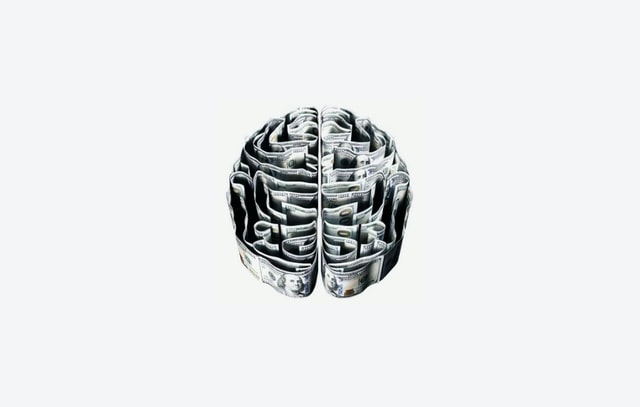
Few ideological and scientific precepts have influenced modern society to a greater extent than psychology. We as human beings have always had questions about “the self,” positing them in everything from Hindu, Buddhist, and the Abrahamic Religions to Cartesian Dualism. However, with the advent of psychology in the late nineteenth and early twentieth centuries, our approach to ourselves and that question of the nature of “the self” took on a whole new meaning. Rather than looking to the heavens or rational explanations for metaphysical notions of a divided self, we started examining the mind itself.
The result has been a century of psychological insight that has seen us define our sense of “self” in bold new ways.
Freud and Jung
Sigmund Freud and Carl Jung are commonly seen as the two cornerstones on which the foundations of modern psychology rest.
Freud embraced the idea of an id, ego, and superego, these being the most impulsive, mediating, and measured parts of our psyches, respectively. What’s more, Freud believed that most of our psychological state lies hidden, in the same way that the majority of an iceberg remains below the surface.
Jung, meanwhile, developed a notion of “archetypes” arising from a “collective unconscious.”
Both were groundbreaking in stating that past experiences could have long-lasting impacts on one’s psyche, and they each developed different methods for defining and examining the conscious and subconscious.
The Behavioralists
Following their more theoretical approach, more direct scientific involvement took place with the rise of behavioral psychology. This and the later types of psychology which grew from it emphasized the importance of stimulating and studying behavior. Key to this movement was B.F. Skinner, who performed experiments on pigeons and studied changes in their behavior due to different physical and coded psychological stimulus.
Gender Equality
One of the biggest shortcomings of psychology in its first several decades was its bias and sexism directed towards women. Classic feminist short stories and novels such as “The Yellow Wallpaper,” Mrs. Dalloway, The Bell Jar, and Fear of Flying explore psychology’s often-misogynist attitudes toward women. Thankfully, with the infusion of more women into the discipline, modern psychology has begun to combat these biases and make the field more gender-equal.
Psychology has developed much over the past century and a half and is poised to continue offering bold new insights into “the self” and ourselves.